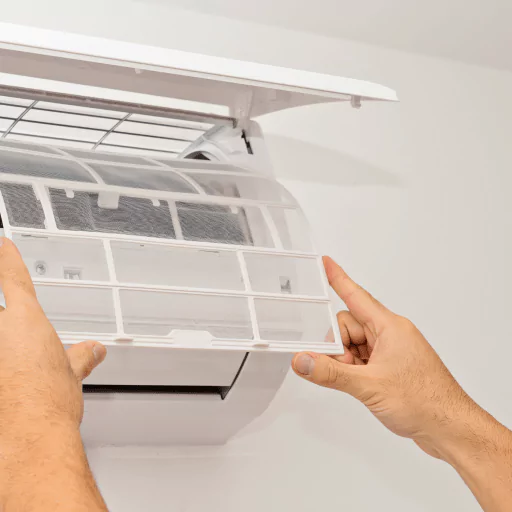
When your HVAC system starts acting up, it can be frustrating. Homeowners in Port St. Lucie often feel uncertain and overwhelmed when their HVAC system starts acting up. Before reaching out to an HVAC professional, there are a few simple troubleshooting steps you can try on your own. By learning these basic techniques, you may be able to identify and fix minor issues, saving both time and money. In many cases, addressing these common problems yourself can help restore comfort to your home without the need for expert intervention.
Verify Your Thermostat Settings
When troubleshooting your HVAC system, start by checking the thermostat. Ensure it’s set to the correct temperature and mode—heating or cooling—depending on the season. It’s easy for thermostat settings to be accidentally altered, causing unexpected performance issues. If you have a programmable thermostat, double-check that the schedule aligns with your preferences.
For battery-operated thermostats, replacing the batteries might solve the problem. A malfunctioning thermostat can cause your HVAC system to operate inconsistently, so it’s crucial to rule this out early.
Examine the Air Filter
A clogged air filter is a common cause of poor HVAC performance. Restricted airflow forces the system to work harder, which can lead to overheating or reduced efficiency in cooling. Locate the air filter, remove it, and inspect it for dust and debris. If it’s dirty, replace it with a new one.
Air filters should generally be checked every one to three months, depending on usage and environmental conditions. Keeping the filter clean improves efficiency and extends the lifespan of your HVAC system.
Check for Blocked Vents
Blocked or closed vents can disrupt airflow, leading to uneven heating or cooling throughout your home. Walk through each room and ensure the vents are fully open and free from obstructions such as furniture or drapes.
Also, don’t forget to check the return vents, as unrestricted airflow is key to optimal HVAC operation.
Inspect the Outdoor Unit
For central air systems, the outdoor unit requires attention as well. Clear away any debris like leaves, dirt, or grass that may be restricting airflow. If the unit is covered in grime, gently wash it with a garden hose to restore efficiency.
Additionally, inspect the unit for visible damage, such as bent fins or rust. If something seems off, it might be a sign that a professional evaluation is needed.
Listen for Unusual Sounds
Unusual noises from your HVAC system, like rattling, hissing, or banging, can indicate underlying issues. While some sounds are normal, others can be signs of more serious problems. For instance, persistent hissing could point to a refrigerant leak, while rattling may suggest loose components.
If you’re unsure about a noise, consult an HVAC professional to avoid causing further damage to the system.
Check the Circuit Breaker
If your HVAC system won’t turn on, the issue could be electrical. Check your circuit breaker and reset it if it has tripped. If the breaker trips again, there may be a more serious electrical issue that needs professional attention.
Know When to Call a Professional
If after completing these checks your HVAC system is still malfunctioning, it may be time to seek professional help. While basic troubleshooting can resolve minor issues, more complex problems like refrigerant leaks, compressor malfunctions, or electrical faults require the expertise of an HVAC technician.
Conclusion
Taking a few moments to troubleshoot your HVAC system can help you avoid unnecessary stress and costly repairs. Start by reviewing the thermostat settings to make sure they are correct, check if the air filter is clean and not clogged, and confirm that all vents are unobstructed to allow proper airflow. Additionally, it’s important to examine the outdoor unit for any visible issues, such as debris or blockages. These simple checks can often resolve common problems and keep your system running smoothly. If these steps don’t resolve the problem, don’t hesitate to reach out to an HVAC professional. They can provide the expertise needed to get your system back in working order, ensuring your home remains comfortable year-round in Port St. Lucie.